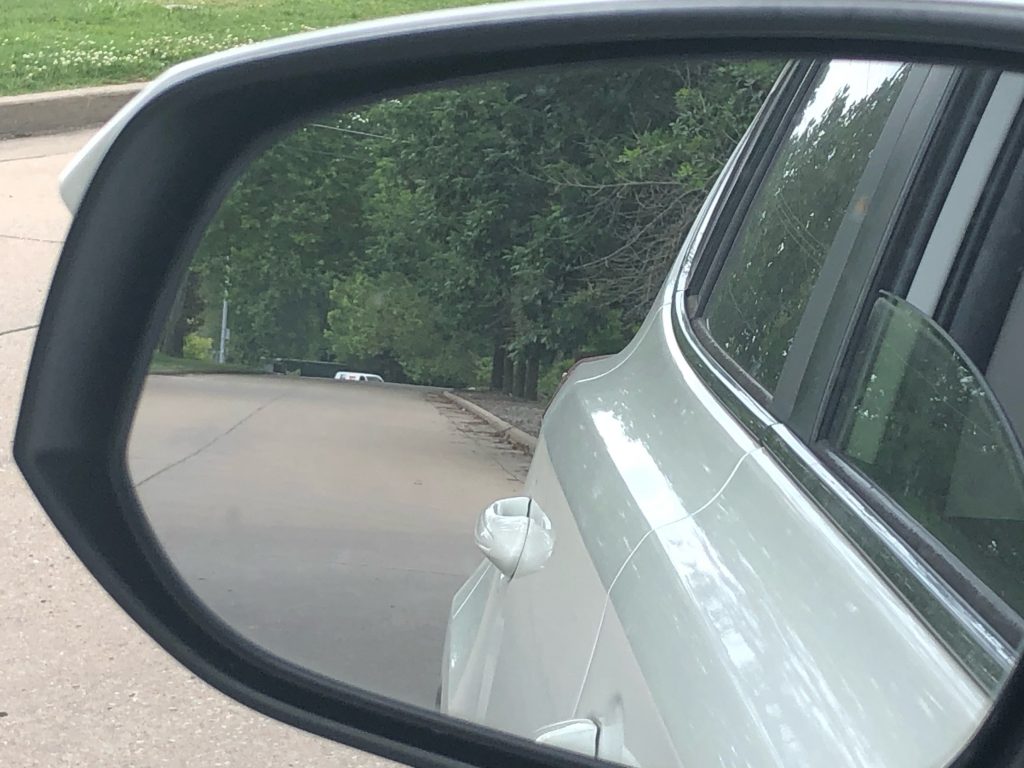
One of my favorite questions to ponder is “what do you know now that you wish you’d known why back when?”
I love this question because it encourages me to think about all the ways I’ve grown and changed over the years. It’s also a question that works in all sorts of different situations — what do you wish you’d known about marriage, raising kids, your professional life, dealing with friends, quilting, gardening…. The list is endless.
Today I’ve been responded to quite a few questions on Facebook in various homeschool groups I participate in, and the question I’m pondering is: What do you know about homeschooling that you wish you’d known then?
As I thought about it, I realized it’s a long list, and, unfortunately because I’m homeschooling an only child, I don’t have any opportunities for do-overs. There is no “next time” as kid #2, #3 or #4 rolls through.
Here’s my top 5 list, grouped together by theme.
1-Time is on your side.
You don’t need to do everything the first year you’re homeschooling — in fact you can’t. But that’s okay because you’ve got time, so take advantage of the time you do have. Even if you’re homeschooling a high school senior, time is on your side. Because learning continues throughout life. It really is possible to learn things after high school…even after college…or graduate school. I’ve certainly more things since I’ve been out of school than I ever learned while I was in school, the only difference is I think of it as “that’s life” instead of “that’s school.”
2-There is no “fall behind” in homeschool.
Tom Hanks famously said “There’s no crying in baseball.” I believe just as firmly that there’s no “falling behind” in homeschooling. When parents worry that their kids might fall behind, I ask them “behind who?”Behind is quite often an arbitrary idea based upon what most kids might be doing at a particular point in their development. What might take three months to teach a four year old might take three weeks to teach a six year old, and three hours to teach an eight year old. If you’ve never read Better Late Than Early, it’s on my must-read list of homeschool books.
3-Your homeschool is (and should be) unique.
Your homeschool is as unique as the student(s) you teach. You may have a friend who homeschools and thrives on a Charlotte Mason curriculum, and another friend who can’t wait for her everything I need to homeschool box of curriculum to arrive in the mail, while you barely buy any curriculum at all because you’re primarily an unschooling homeschool. And. That’s. Fine. You might be a family that loves a big bacon and eggs breakfast first thing in the morning, or you may be the kind of homeschool family that lives on boxes of Nature Valley Granola bars or Lucky Charms eaten on the fly when it’s almost lunchtime. In the end, there’s no one right way to homeschool any more than there’s one right way to organize a linen closet — there’s only the right way for you. So you do your homeschool your way.
4-Instead of homeschool, it really should be called “rarely at home school.”
Remember in a A Charlie Brown Christmas when Lucy tells Charlie Brown “what you need is involvement”? As a new homeschooling parent who had no friends who were already homeschooling, I wondered how that social part of homeschool life would work. Then I saw an ad in the newspaper about homeschooling in our area and joined my local homeschool group. And before long I saw the notices about the co-op on Tuesday afternoons, the art classes on Thursday morning, the chess club on Friday afternoons, and the field trip here or there. There were so many things to do that sometimes (pandemics aside) the challenge is having sufficient time at home to satisfy our state’s homeschool law requirement.
5-There’s more to school than worksheets.
I come at homeschooling from an increasingly unschooling background, but early on I was a lot more traditional, and I came at homeschool from the “here’s another worksheet” perspective a lot of public school kids experienced growing up. Gradually I realized my son was learning and retaining much more of what we did that was based in hands-on, real life learning, not worksheets. I became more comfortable asking “what do you want to learn” and saying “I don’t know, why don’t you look it up and see.” So, we these days much of what we do is very untraditional, though there’s still a lot of learning going on.
In the end, homeschooling is like most things. You learn how to do it by doing it. You try this or that, keeping the things that are helpful and work for you and ditching the things that don’t.